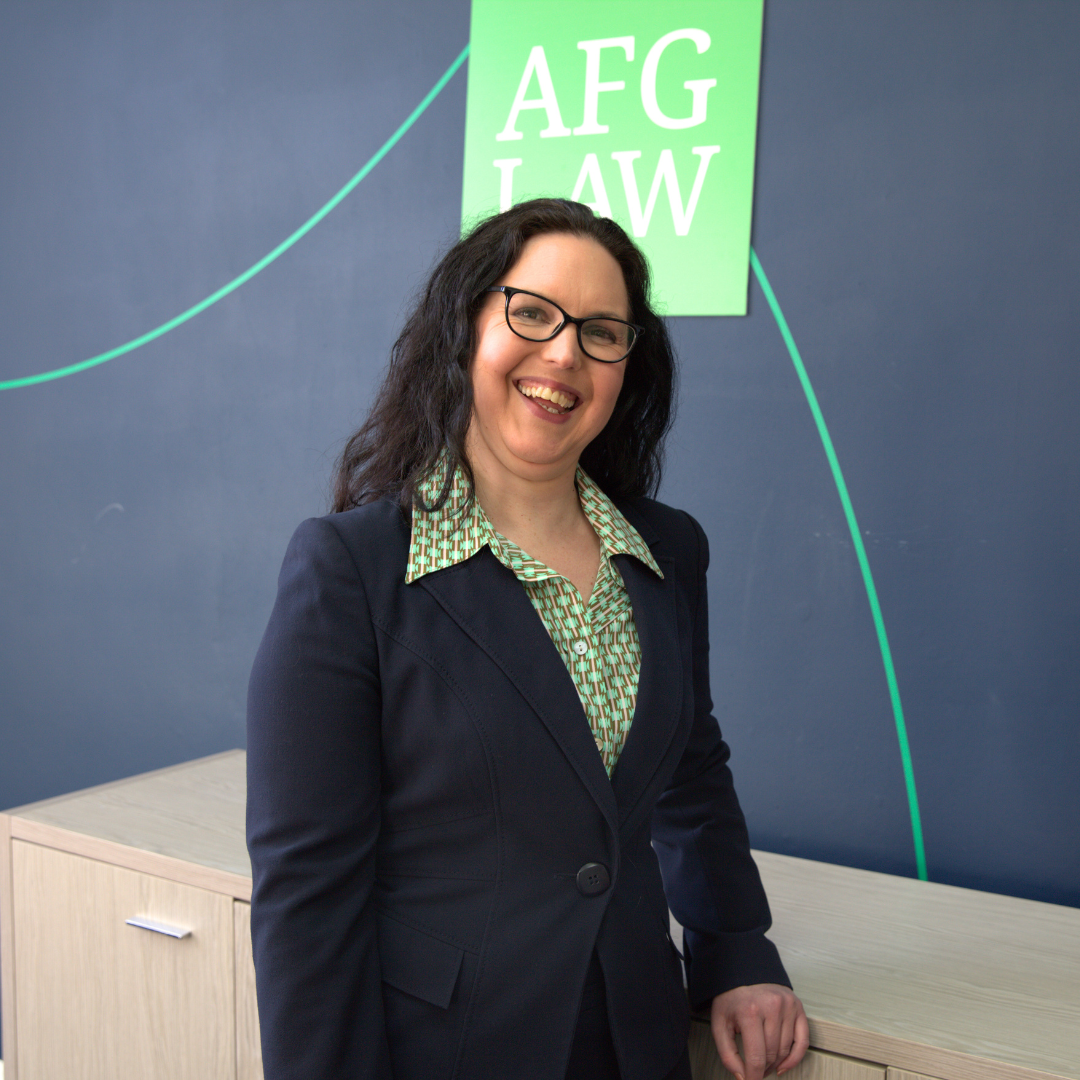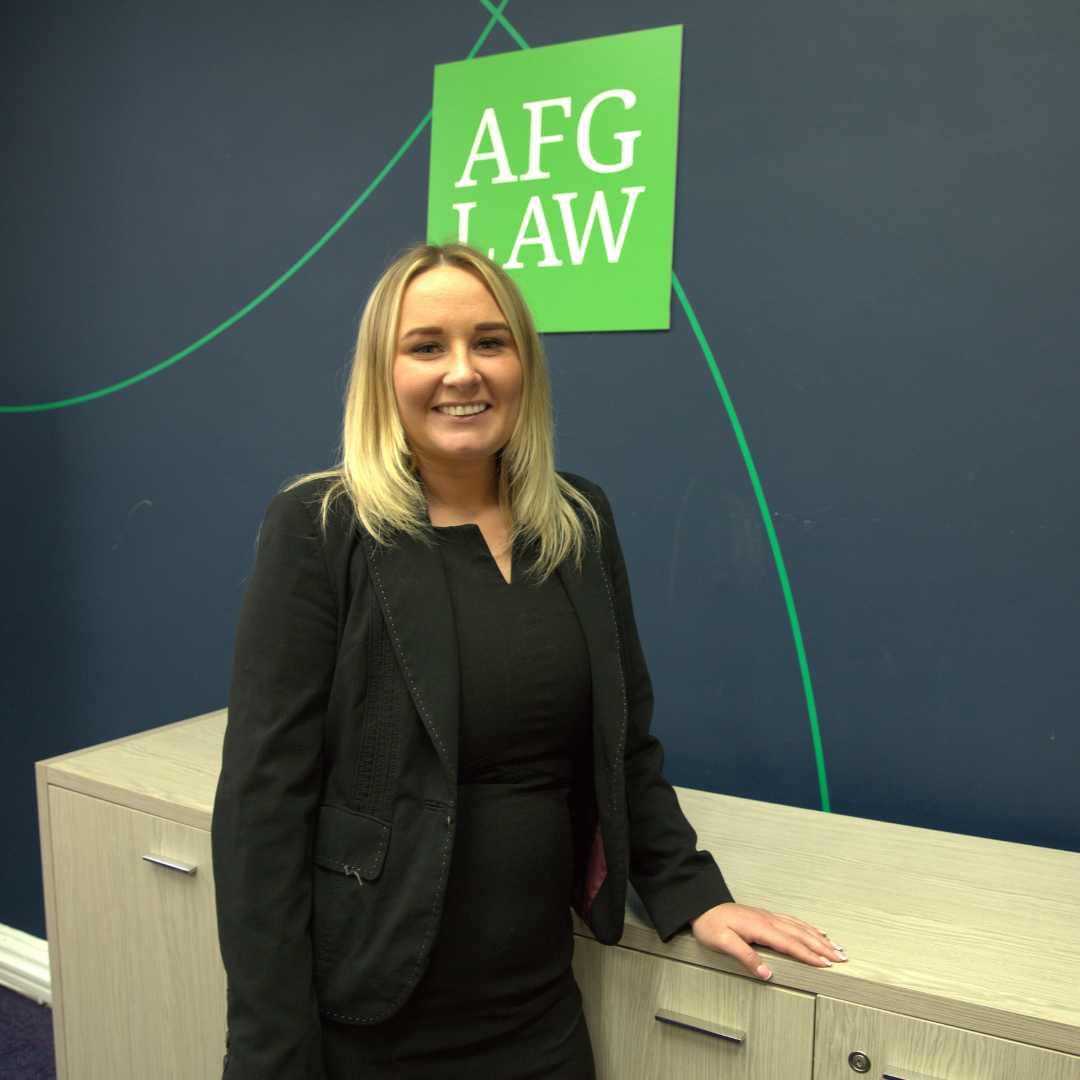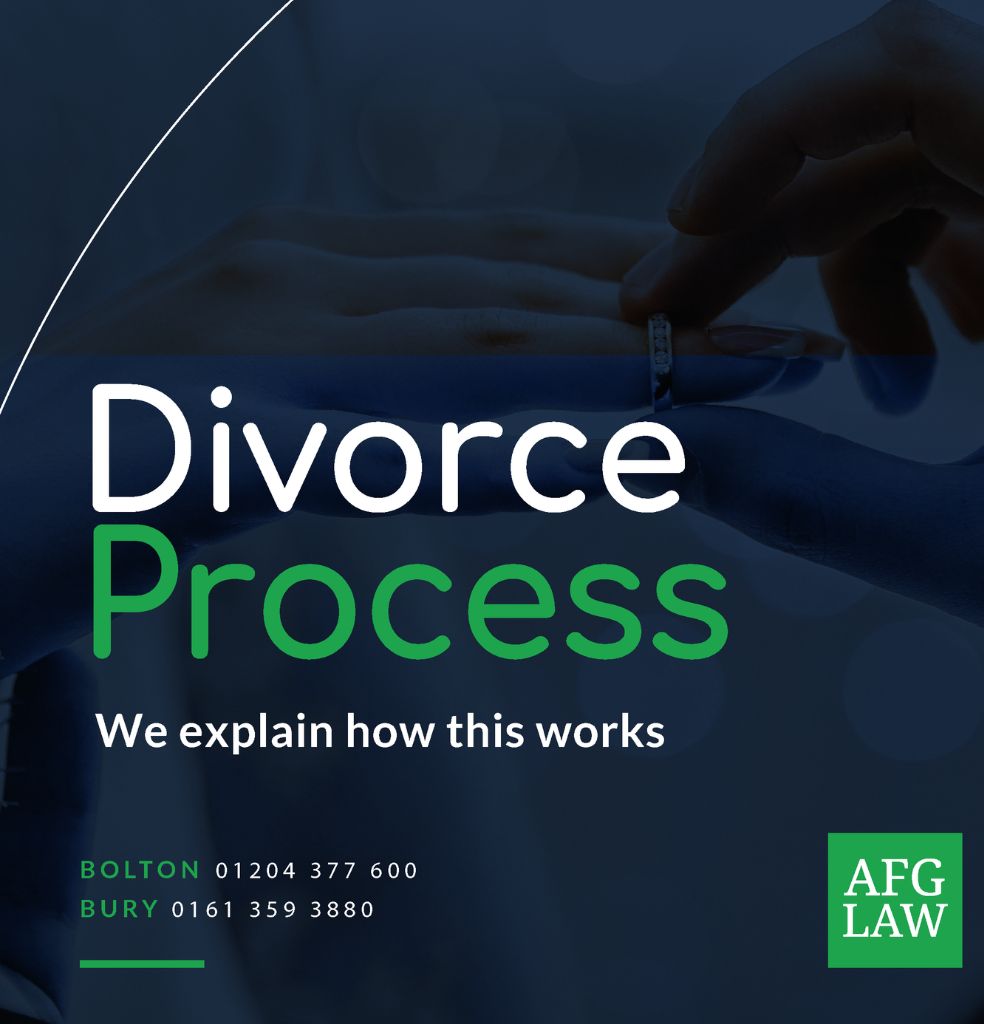LGBTQ+ Divorce
We know this is one of the most difficult times of your life and you need to have confidence that you are speaking to a specialist family lawyer who understands your situation. Every family is different and our family solicitors will treat you as an individual not a “case”.
Our experienced solicitors can help you whether you are in a same sex marriage, civil partnership or cohabiting with your partner.
Divorce
In simple terms, divorce is the legal process by which the family court brings a same sex marriage to an end. It does not resolve the arrangements for children, property or finances but all of these issues, which are often more complicated, can be dealt with separately alongside the divorce.
Despite newspaper headlines there isn’t such a thing as a ‘quickie divorce’ and the process itself will take a minimum of 6 months. This can take longer if there are court delays, delays in receiving responses from the other person or if financial arrangements need to be finalised.
In order to bring divorce proceedings one of the same sex divorcing couple must have been resident or domiciled within England and Wales, the rules can be complicated but our divorce solicitors can help you navigate any issues. Alternatively, the same sex couple must have married each other under the law of England and Wales and it would be in the interests of justice for the court to assume jurisdiction in this case.
This may seem confusing but if you were born, have always lived, and are intending to stay in England and Wales then it is very likely that you are habitually resident and domiciled in England and Wales. If you are not sure how this applies to you then our same sex divorce solicitors can help.
Either one of the divorcing couple can apply for a divorce as long as they have been married for at least a year or a joint application by both spouses can be made. The original marriage certificate, or a certified copy, will be sent to the court with the divorce petition. If the marriage took place abroad or the certificate is in another language it will need to be translated and you will need specialist advice from our divorce solicitors.
The person who starts the divorce, if it is a sole application, will be known as the Applicant. There were changes to divorce law on 6th April 2022 which mean you now only need to confirm that the marriage has irretrievably broken down and it is not necessary to assign fault to either spouse. It is hoped that this will help to remove hostility from the process allowing divorcing couples to focus on their children, resolving financial issues and themselves.
The other person, known as the Respondent, will be sent the divorce petition and other documents by the court. Once a divorce application has been issued there is a ‘period of reflection’ that has been built into the new divorce system by the change in law.
The idea of the period of reflection is to allow people to consider their decision and work through differences to see if they can reconcile but if the parties are firm on their wish to divorce it can be used to reach a financial settlement and resolve arrangements for the children. The period of reflection means that the Applicant will need to wait for a minimum of 20 weeks between the divorce application and the court granting the Conditional Order (previously known as decree nisi)
The last stage of the divorce is when the Applicant applies for a Final Order (previously known as a decree absolute). This application is usually delayed whilst the financial arrangements are agreed or any court application for a financial order is finalised and approved by the Family Court.
The Applicant has to wait a minimum of 6 weeks between the Conditional Order and the Final Order. The Final Order brings the marriage to an end and has important consequences; including financial and not least in respect of wills. You also need to be aware of the “remarriage trap”. It is important that you seek individual, personal legal advice from our specialist divorce solicitors
I converted my civil partnership to a marriage. Do I need to get a dissolution or a divorce?
From 10th December 2014 it was possible to convert a civil partnership to marriage, after conversion you should have received a marriage certificate on which the date of the marriage will have been backdated to the date of the civil partnership. The date of conversion will also appear on the certificate. If you are married you will need to obtain a divorce. You will need your marriage certificate or a certified copy to start proceedings.
Can I reach a financial settlement without obtaining a divorce?
Our divorce solicitors can help you prepare a separation agreement to record the agreement reached about your financial arrangements when you have separated but do not want to bring your marriage to an end by obtaining a divorce. However, the only way to get a final, legally binding settlement is to obtain a financial order.
This can only be done after the Conditional Order has been granted as part of the civil partnership dissolution proceedings. The financial order can either be reached by agreement between the divorcing couple and sent to the Family Court for approval by a Judge or decided by the Judge after financial proceedings in the Family Court.
My same sex spouse and I have connections to different countries, how can we work out if we can get a dissolution in England and Wales?
When same sex spouses have connections to other countries it may mean that more than one legal jurisdiction is able to deal with the dissolution. There can be pros and cons to starting proceedings in different countries and, if you are worried about how this might affect you, our experienced divorce solicitors can provide advice.
The situation can be more complicated for those in same sex marriages than heterosexual marriages as in many countries there is no equivalent legal status. You can commence proceedings for a same sex divorce in England and Wales if:
- Both parties to the marriage are habitually resident in England and Wales
- Both parties to the marriage were last habitually resident in England and Wales and one still resides here
- The Respondent is habitually resident in England and Wales
- The Applicant is habitually resident in England and Wales and has been residing here for the 12 months immediately before the application was made
- The Applicant is domiciled and habitually resident in England and Wales and has been habitually resided in England and Wales for 6 months before the application was made
- Both parties to the marriage are domiciled here
- One party to the marriage is domiciled in England and Wales
- The same sex marriage was registered in England & Wales and no other court has jurisdiction to deal with the dissolution
I’m worried about attending court. Will I have to attend the Family Court for a same sex divorce?
The vast majority of civil partnership dissolutions are dealt with online and you will not have to attend Court or see your civil partner. If you are worried about attending court due to domestic violence then our solicitors can give you information about special measures that can be put in place and make an application to the Family Court
How do I get a same sex divorce financial settlement?
Please see our finances pages for more information
How can a solicitor help with same sex divorce?
Our specialist same sex divorce solicitors can help from the very start of the process by listening to you, helping select the best fact to rely upon in your divorce petition and guiding you through the legal process. It can be costly and time consuming to correct mistakes later on in the process so it makes sense to seek legal advice from the start.
















